Apple's newly minted chief operating officer, Jeff Williams, appeared as a guest on radio show Conversations on Health Care on Monday to discuss the potential Apple Watch, iPhone and Apple's health platforms have on democratizing healthcare, as well as other topics like human rights issues.
While Williams covered well-trod ground bringing hosts Mark Masselli and Margaret Flinter up to speed with Apple's latest technologies, he did reveal a few tidbits on plans for Apple Watch, iPhone, HealthKit and ResearchKit as it pertains to medicine. Specifically, the hope is that Apple's growing suite of health technology products will one day be used to help diagnose, and in some cases treat, certain diseases, making them powerful assets in the globalization of quality healthcare.
"I think that's one of the things that interests us most in Apple. We're big believers in the democratization potential of this," Williams said, referring to Apple's health-minded products. "The injustice of fantastic healthcare available in some parts of the world, and others suffering needlessly."
With HealthKit, and later ResearchKit, Apple introduced platforms capable of leveraging advanced hardware technology like iPhone and Apple Watch to help consumers quantify and monitor their own health-related data, while offering medical researchers a chance to tap into a much wider subject pool. More quality data can accelerate study results and in some cases medical breakthroughs not attainable through traditional methods.
Williams pointed to autism as an example. Detecting autism at an early age is key to future treatment, as doctors can intervene — albeit to a limited degree — as long as the brain is still developing. A study found potential in app-based smartphone screening of children, and Williams believes iPhone can go further by delivering therapy and treatment.
In a very real way, Apple is bending the commoditization of computer technology to serve health sciences. With relatively inexpensive tools — iPhone, Apple Watch and supporting apps — doctors and researchers can deliver better standards of living to severely underserved areas like Africa, where there are only 55 trained specialists in autism.
"The power of taking smartphones into that region and having an impact on people's lives in terms of their IQ and their social skill by intervening early on autism, that's the kind of thing that makes us get up in the morning," he said.
Earlier in the call, Williams mentioned Apple Watch as playing a key role in Apple's healthcare initiative. The device incorporates a number of finely tuned sensors, including a heart-rate sensor, to record and monitor biometric data generated by its user. Collecting this information is not only beneficial to end users who want to get and stay healthy, but also researchers like those looking for ways to detect, diagnose and treat diseases.
"We think Apple Watch marks the end of single-function wrist devices, in the same way the iPhone marked the end of single-function cell phones," Williams said. "The fact that you interact throughout the day with your Apple Watch for communications and payment and scheduling; we're just at the beginning of this."
As for human rights, Williams toed the company, saying Apple makes great efforts to make sure supply chain workers are protected. Among Apple's outreach initiatives are universities in China that teach factory workers new skills, as well as regular comprehensive audits that ensure worker health and safety.
Williams brought up the touchy subject of child labor, an illegal practice Apple's suppliers, including Foxconn, have been accused of employing in the past.
"No company wants to talk about child labor. They don't want to be associated with that. We shine a light on it," Williams said. "We go out and search for cases where an underage worker is found in a factory somewhere and then we take drastic actions with the supplier, the upstream labor groups to try to make a change, then we report it every year."
 Mikey Campbell
Mikey Campbell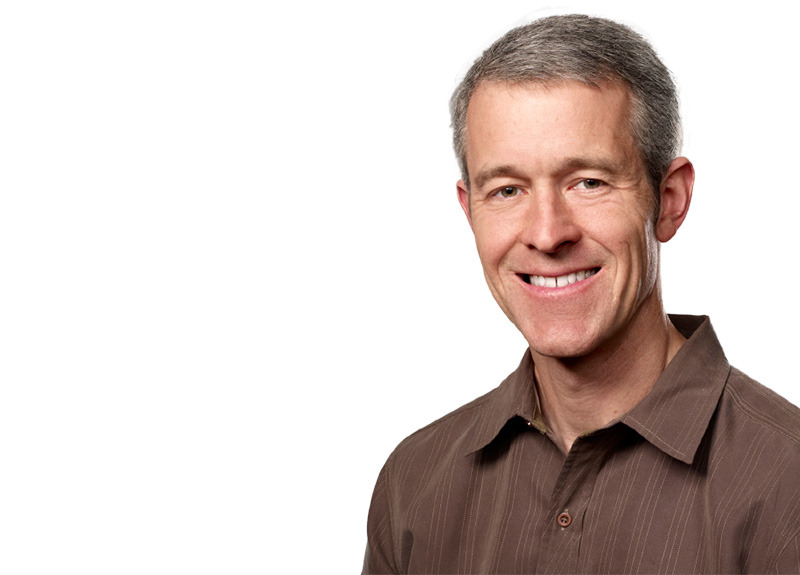

-m.jpg)






 Amber Neely
Amber Neely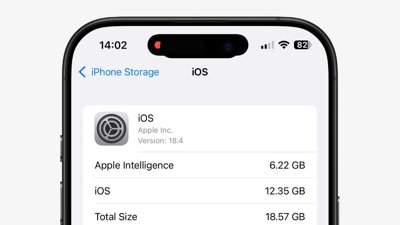
 William Gallagher
William Gallagher
 Sponsored Content
Sponsored Content
 Malcolm Owen
Malcolm Owen
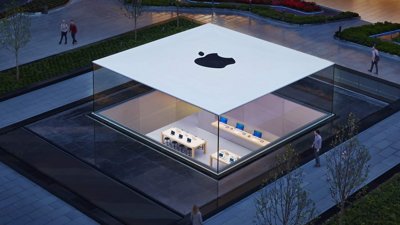
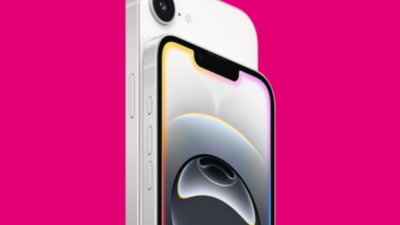
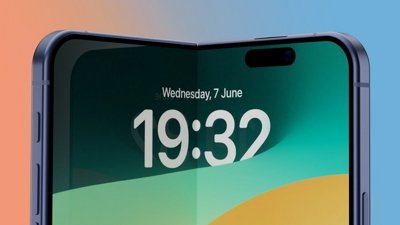










8 Comments
Child labor is not illegal in China.
Also, "human rights"? What does that have to do with anything? A "human right" is a made-up, unprotectable notion created by collectivists. There is no world government and there is no global Bill of Rights, unlike the real one in the US which only applies to Americans. "Human rights"...LOL!
I like what I'm reading here! They are definitely thinking big and maybe not in the direction most of us are anticipating. The medical side is something that no one is really talking about much these days. HealthKit and the research function are opening doors to a HUGE part of the economy and the potential to make a positive impact in the health of people's lives.
Here's what I wrote here back in Sept 2014 right after the Watch was demonstrated.
Apple are not doing anything whatsoever connected with 'democratization of healthcare'. The NHS in the Uk, Medicare in Australia, the French healthcare system - these are worthy of the term.